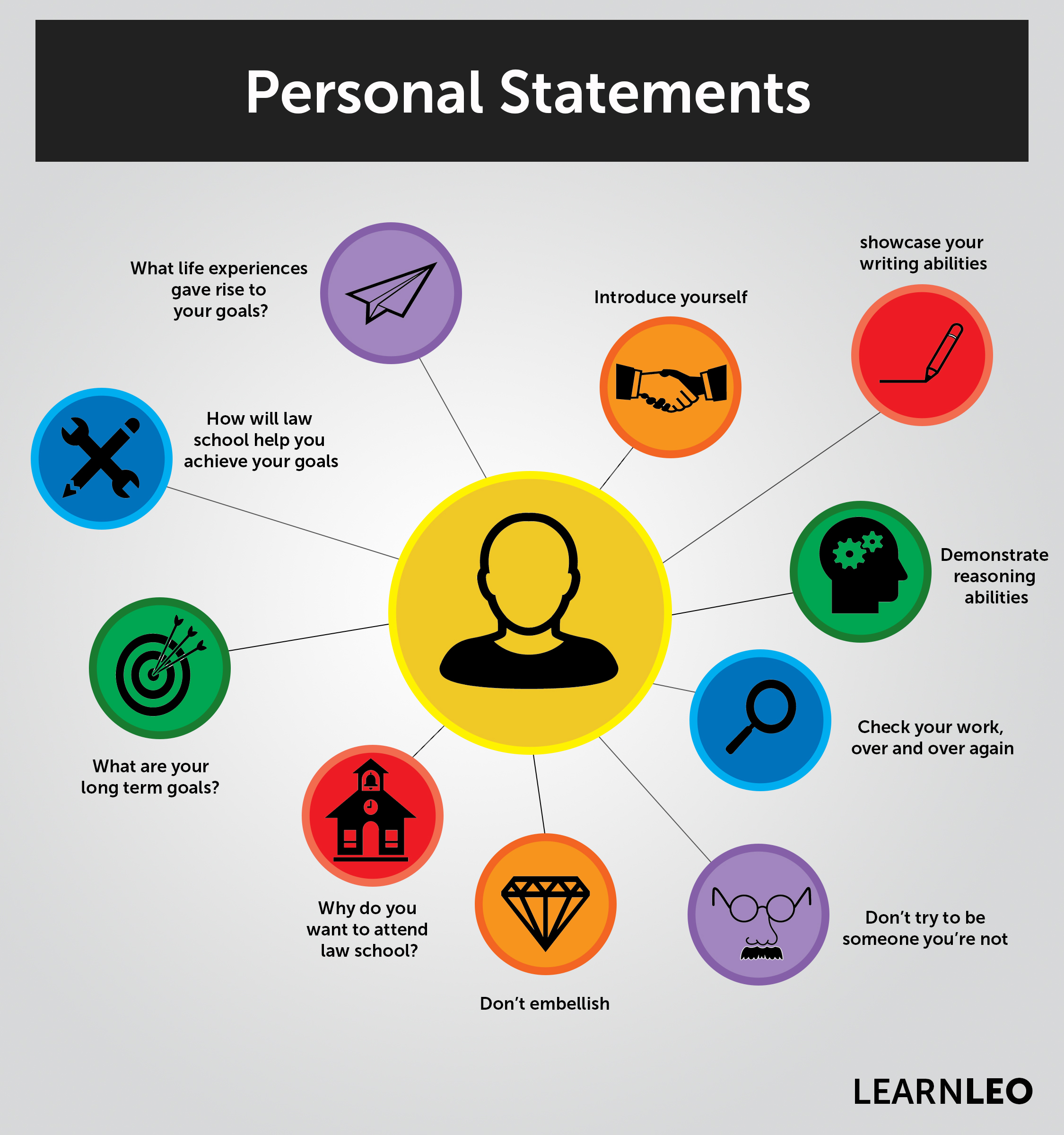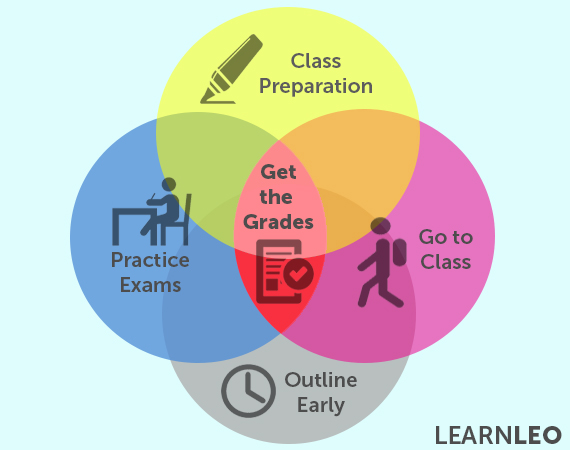
Pre-law


This is the second in a series of blog posts aimed at helping students get into top law schools authored by our friend Derek Meeker, founder and president of Dean Meeker Consulting. He was Dean of Admissions at UPenn Law before joining global law firm Paul Hastings as recruiting manager. If anyone is an expert […]

This is the first in a series of blog posts aimed at helping students get into top law schools authored by our friend Derek Meeker, founder and president of Dean Meeker Consulting. He was Dean of Admissions at the University of Pennsylvania Law School before joining global law firm Paul Hastings as recruiting manager. “But I […]

Law school personal statements are the core of law school applications. Undoubtedly, the essay that causes the most stress among applicants. Let’s start from the beginning.

Let’s just get it out there: law school grading is kind of absurd. In how many other disciplines will one final exam determine all (or nearly all) of your grade?

One the most important things to manage in law school is time. Your first term is about three months long and professors will pack a ton of material into that window. Don’t spend two months learning how to walk while your professors expect you to run.

It might happen when you sit down to read your first case at home or when you take a seat in your first class on the first day of school. Or maybe it won’t happen until you get called on in class for the first time. But trust us — at some point during those […]

You’ve heard it said ad nauseum – go to the best law school that you can get into. So you did your diligence and applied to about 10 schools: two or three “safety” schools, three or four “on par” schools and three or four “reach” schools.

Meet One, Two, and Three. One has been working at a congressional office for two-plus years, and she is going to be your classmate. She wants to be a federal prosecutor, but is open to getting some related experience at a place like the ASPCA during one of her summers.

Engineering (or any hard science) and law can be a powerful combination. The communications skills developed in law school can be a great complement to the quantitative skills developed in your engineering training. The framework for analyzing legal cases is also largely similar to scientific problem solving techniques.